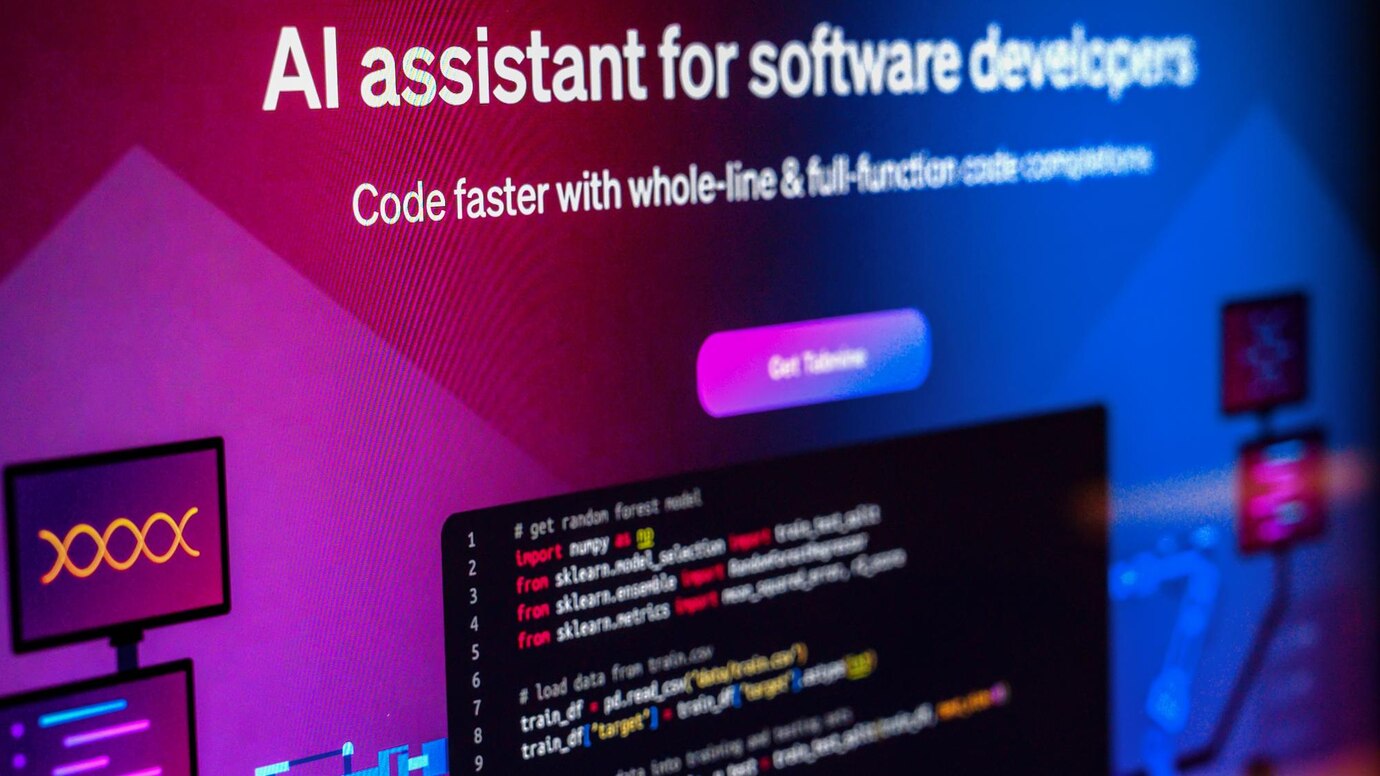Artificial intelligence is now doing what many once thought was uniquely human: writing code. Tools like GitHub Copilot, ChatGPT, and Replit’s Ghostwriter are changing the way software gets built—automating boilerplate tasks, generating functions, and even squashing bugs. But as AI systems grow smarter, one question looms large:
Will developers eventually become obsolete?
Let’s break it down—what AI can do, what it can’t (yet), and where human developers still reign supreme.
What Can AI Really Do Right Now?
AI-powered code assistants have become incredibly capable—fast.
Here’s what today’s tools already handle surprisingly well:
-
Auto-completing code based on natural language prompts
-
Generating boilerplate code (like CRUD operations, basic APIs, or UI components)
-
Suggesting bug fixes and optimizations
-
Explaining code logic line-by-line in plain English
-
Helping non-coders build simple scripts and automations
For many developers, these tools act like turbocharged autocomplete or a highly advanced Stack Overflow search engine—always on, context-aware, and getting better every week.
Are Developers Being Replaced? Not Exactly.
Here’s the truth: AI is a tool, not a replacement—at least for now.
While AI can generate code, it:
-
Doesn’t understand complex system architecture
-
Can’t design secure, scalable software from scratch
-
Doesn’t reason about edge cases or business logic the way humans do
-
Often hallucinates (confidently generates code that doesn’t work)
-
Still needs human review, debugging, and testing oversight
In short, AI is becoming a super assistant, not a solo act. And even that assistant needs supervision.
The New Role of the Developer: Human + Machine Collaboration
Instead of replacing developers, AI is shifting their role—from writing every line of code to guiding, reviewing, and architecting more intelligently.
Think of it this way:
-
Junior devs become more productive, faster
-
Senior devs can focus more on design, problem-solving, and mentoring
-
Non-developers can build simple tools with low-code/no-code platforms powered by AI
-
Teams ship faster with fewer bugs—if the AI is properly harnessed
The best coders won’t be the ones who reject AI. They’ll be the ones who know how to work with it, like a creative partner.
So, Will AI Kill Coding Jobs?
Short answer: Some, but not all.
Just like spreadsheets didn’t kill accounting, AI coding assistants won’t kill software development. But they will:
-
Automate repetitive or lower-complexity coding tasks
-
Reduce demand for large teams to build simple applications
-
Make solo developers and small teams more capable
-
Blur the line between “coder” and “non-coder”
For people in entry-level or routine development roles, there will be pressure to upskill. But for those who embrace the change, opportunities are opening up in AI-augmented engineering, prompt design, system strategy, and ethics.
The Bigger Picture: Coding as a New Literacy
In the near future, writing code may feel less like traditional programming and more like telling an AI what to build—in plain language.
But that doesn’t mean we’ll stop needing developers. It means more people will be able to build things, and developers will need to think more like architects, designers, and systems thinkers.
The demand will shift—not disappear.
The Future Belongs to the Adaptable
AI won’t obsolete developers—but it will obsolete how we develop. The most in-demand devs of the future won’t just know Python or JavaScript. They’ll know how to:
-
Work alongside AI systems
-
Translate real-world problems into technical blueprints
-
Curate, correct, and collaborate with machine-generated code
-
Keep the human side of software—ethics, usability, and creativity—alive
Because machines can mimic syntax. But humans still own the why behind the code.

